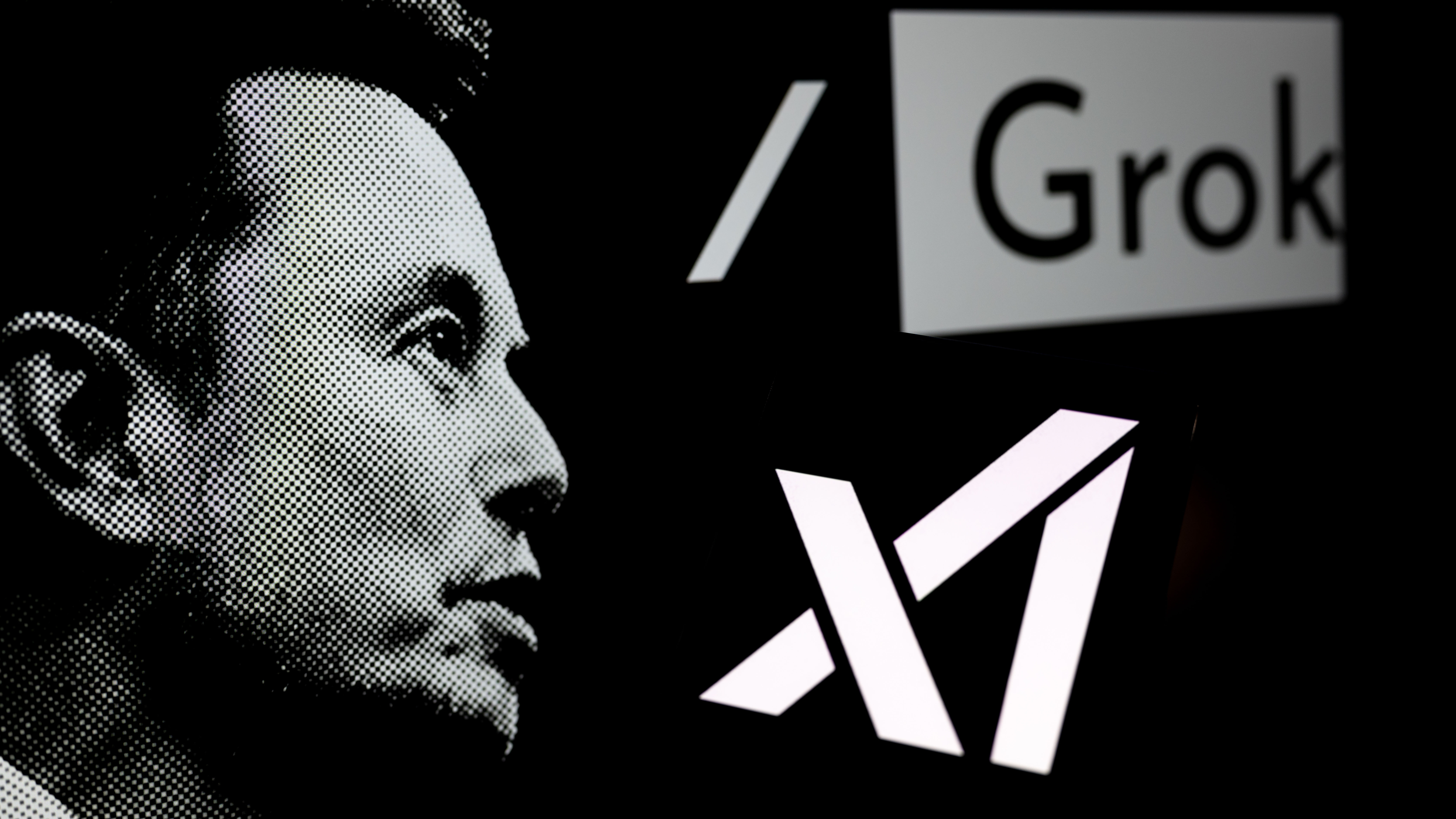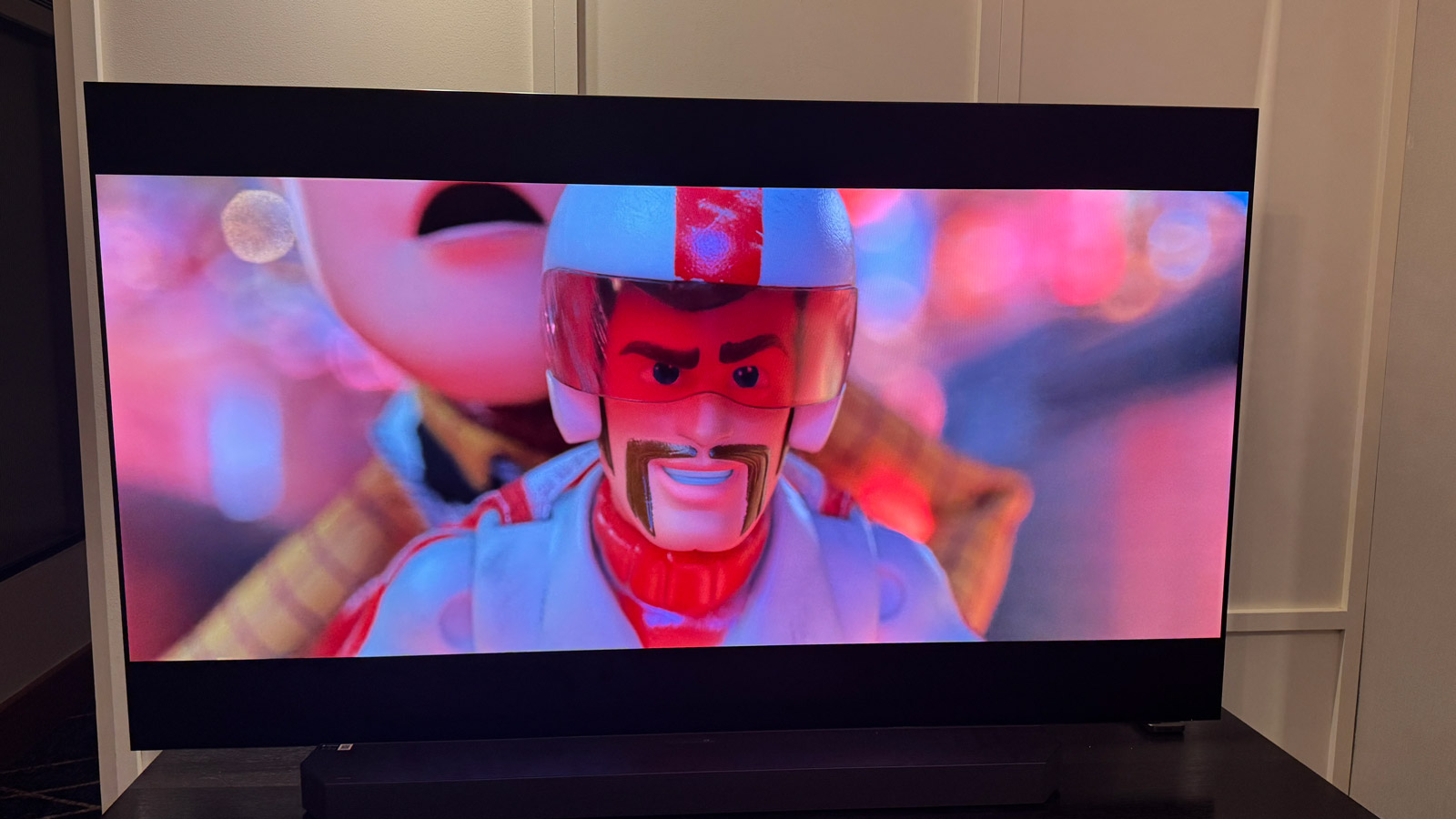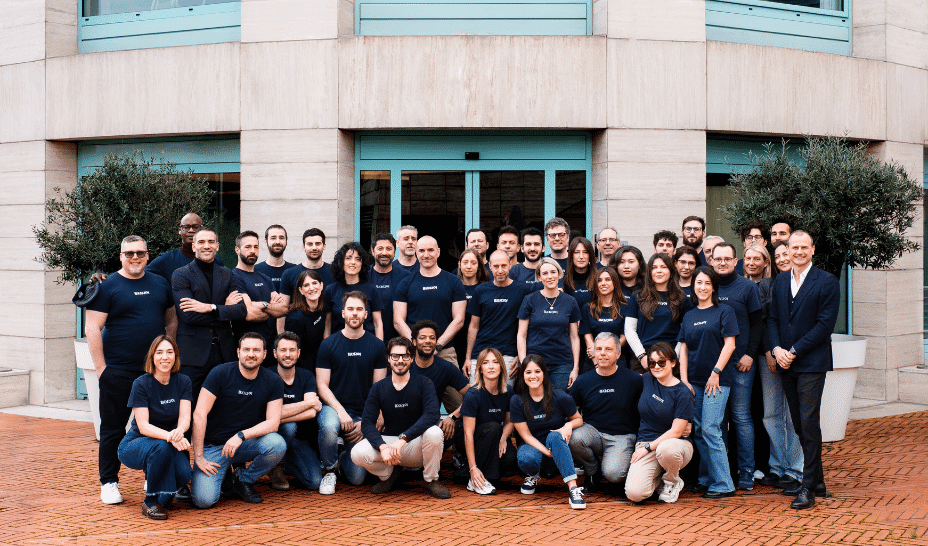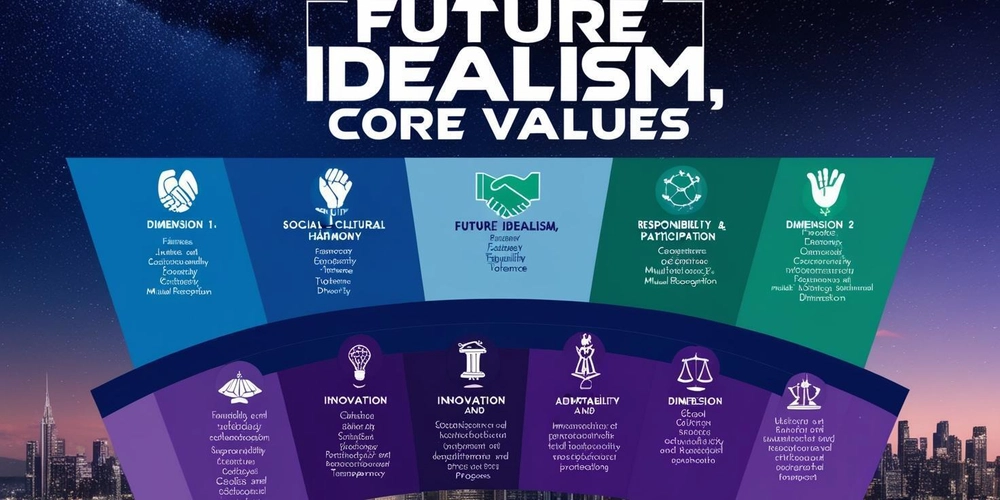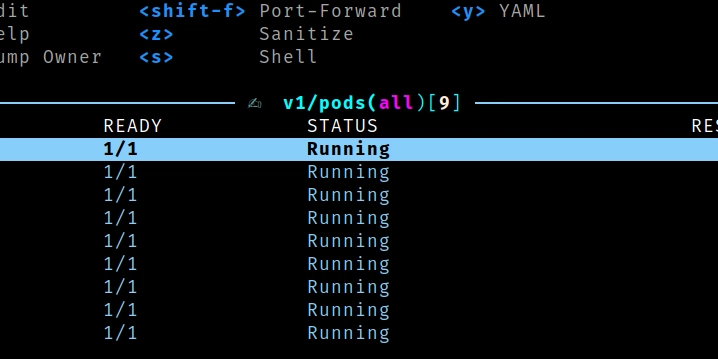WILL AI REPLACE TECHNICAL WRITERS?
With the rise of AI and advanced Natural Language Processing (NLP) optimization, one of the most common questions circulating among tech professionals is: Will AI replace technical writers? It’s a fair concern. From generating user manuals to API documentation, artificial intelligence is becoming increasingly capable of creating content that was once strictly the domain of skilled human writers. But before we hit the panic button, let’s look deeper into what’s happening, and more importantly, what it means for the future of technical writing. The Rise of AI in Documentation AI-powered writing tools are no longer just spellcheckers. Thanks to NLP optimization, platforms like ChatGPT, Jasper, and Notion AI can now: • Auto-generate technical documentation • Rephrase content for clarity • Summarize lengthy reports • Translate complex terms into simple explanations • Maintain style consistency across pages These capabilities save time and improve scalability, especially for companies that produce massive volumes of documentation regularly. And the benefits are real: • Faster turnarounds • Increased productivity • Lower overhead costs • 24/7 availability It’s no wonder many organizations are integrating AI into their documentation workflows. So, What’s the Catch? Despite the advancements, there’s a limit to what AI can do. AI lacks contextual judgment. It might generate a grammatically correct paragraph, but it often struggles with real-world logic, nuanced technical reasoning, or product-specific terminology. AI doesn’t understand audience pain points. Human writers design documentation with the user in mind—anticipating confusion, clarifying intent, and walking users through real problems. That emotional intelligence is still missing in AI. AI requires supervision. Even the best NLP tools can hallucinate (generate plausible-sounding but incorrect information). Someone still needs to fact-check and revise outputs to ensure accuracy. In short, AI can assist—but it can’t fully replace the skill, empathy, and expertise that seasoned technical writers bring to the table. The Human Element: Why Technical Writers Still Matter Great documentation isn’t just about writing—it’s about understanding. Technical writers: • Collaborate with engineers, designers, and support teams • Translate complex systems into user-friendly guides • Maintain a consistent voice across platforms • Consider accessibility and localization • Adapt content to specific user needs and personas These responsibilities require not just writing skills but also critical thinking, collaboration, and adaptability—all areas where humans still outshine machines. A New Era: AI + Human Collaboration Instead of worrying about being replaced, technical writers should focus on becoming AI-augmented professionals. Here’s how: • Use AI to generate first drafts • Automate repetitive content tasks • Optimize content structure and readability with NLP tools • Spend more time on strategy, UX writing, and content architecture By combining the efficiency of AI with the creativity and reasoning of humans, technical writers can deliver better content faster—without sacrificing quality. Final Thoughts Will AI replace technical writers? Not likely. At least, not the good ones. But AI will change how technical writers work. As Natural Language Processing (NLP) optimization continues to evolve, writers who embrace AI tools will thrive. The future belongs to professionals who can blend human insight with AI efficiency to create documentation that’s not only accurate but truly user-centric. So, rather than fear AI, learn it. Use it. Master it. Because the next generation of technical writing won’t be about man or machine. It’ll be about man + machine. What’s your experience using AI in your documentation workflow? Have you found tools like ChatGPT helpful—or do you prefer the traditional route?
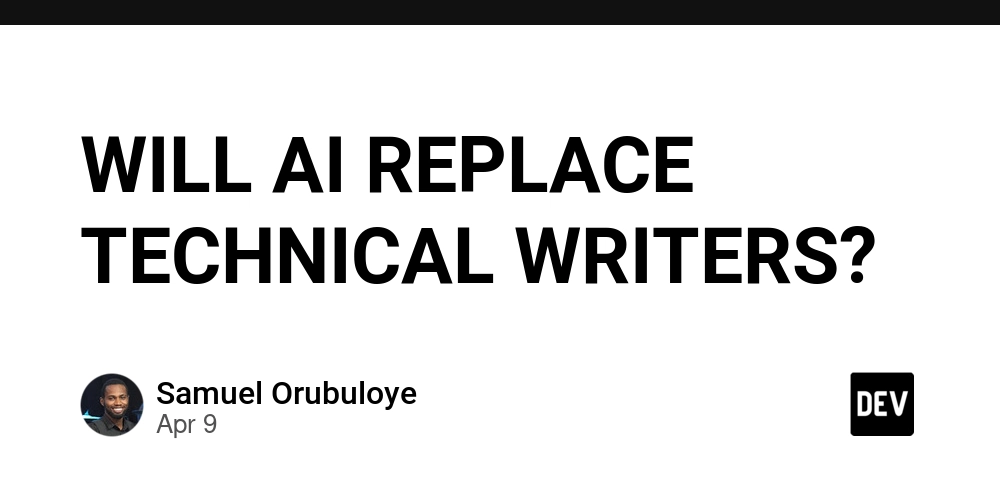
With the rise of AI and advanced Natural Language Processing (NLP) optimization, one of the most common questions circulating among tech professionals is:
Will AI replace technical writers?
It’s a fair concern. From generating user manuals to API documentation, artificial intelligence is becoming increasingly capable of creating content that was once strictly the domain of skilled human writers.
But before we hit the panic button, let’s look deeper into what’s happening, and more importantly, what it means for the future of technical writing.
The Rise of AI in Documentation
AI-powered writing tools are no longer just spellcheckers. Thanks to NLP optimization, platforms like ChatGPT, Jasper, and Notion AI can now:
• Auto-generate technical documentation
• Rephrase content for clarity
• Summarize lengthy reports
• Translate complex terms into simple explanations
• Maintain style consistency across pages
These capabilities save time and improve scalability, especially for companies that produce massive volumes of documentation regularly.
And the benefits are real:
• Faster turnarounds
• Increased productivity
• Lower overhead costs
• 24/7 availability
It’s no wonder many organizations are integrating AI into their documentation workflows.
So, What’s the Catch?
Despite the advancements, there’s a limit to what AI can do.
AI lacks contextual judgment. It might generate a grammatically correct paragraph, but it often struggles with real-world logic, nuanced technical reasoning, or product-specific terminology.
AI doesn’t understand audience pain points. Human writers design documentation with the user in mind—anticipating confusion, clarifying intent, and walking users through real problems. That emotional intelligence is still missing in AI.
AI requires supervision. Even the best NLP tools can hallucinate (generate plausible-sounding but incorrect information). Someone still needs to fact-check and revise outputs to ensure accuracy.
In short, AI can assist—but it can’t fully replace the skill, empathy, and expertise that seasoned technical writers bring to the table.
The Human Element: Why Technical Writers Still Matter
Great documentation isn’t just about writing—it’s about understanding.
Technical writers:
• Collaborate with engineers, designers, and support teams
• Translate complex systems into user-friendly guides
• Maintain a consistent voice across platforms
• Consider accessibility and localization
• Adapt content to specific user needs and personas
These responsibilities require not just writing skills but also critical thinking, collaboration, and adaptability—all areas where humans still outshine machines.
A New Era: AI + Human Collaboration
Instead of worrying about being replaced, technical writers should focus on becoming AI-augmented professionals.
Here’s how:
• Use AI to generate first drafts
• Automate repetitive content tasks
• Optimize content structure and readability with NLP tools
• Spend more time on strategy, UX writing, and content architecture
By combining the efficiency of AI with the creativity and reasoning of humans, technical writers can deliver better content faster—without sacrificing quality.
Final Thoughts
Will AI replace technical writers?
Not likely. At least, not the good ones.
But AI will change how technical writers work.
As Natural Language Processing (NLP) optimization continues to evolve, writers who embrace AI tools will thrive. The future belongs to professionals who can blend human insight with AI efficiency to create documentation that’s not only accurate but truly user-centric.
So, rather than fear AI, learn it. Use it. Master it.
Because the next generation of technical writing won’t be about man or machine. It’ll be about man + machine.
What’s your experience using AI in your documentation workflow?
Have you found tools like ChatGPT helpful—or do you prefer the traditional route?
















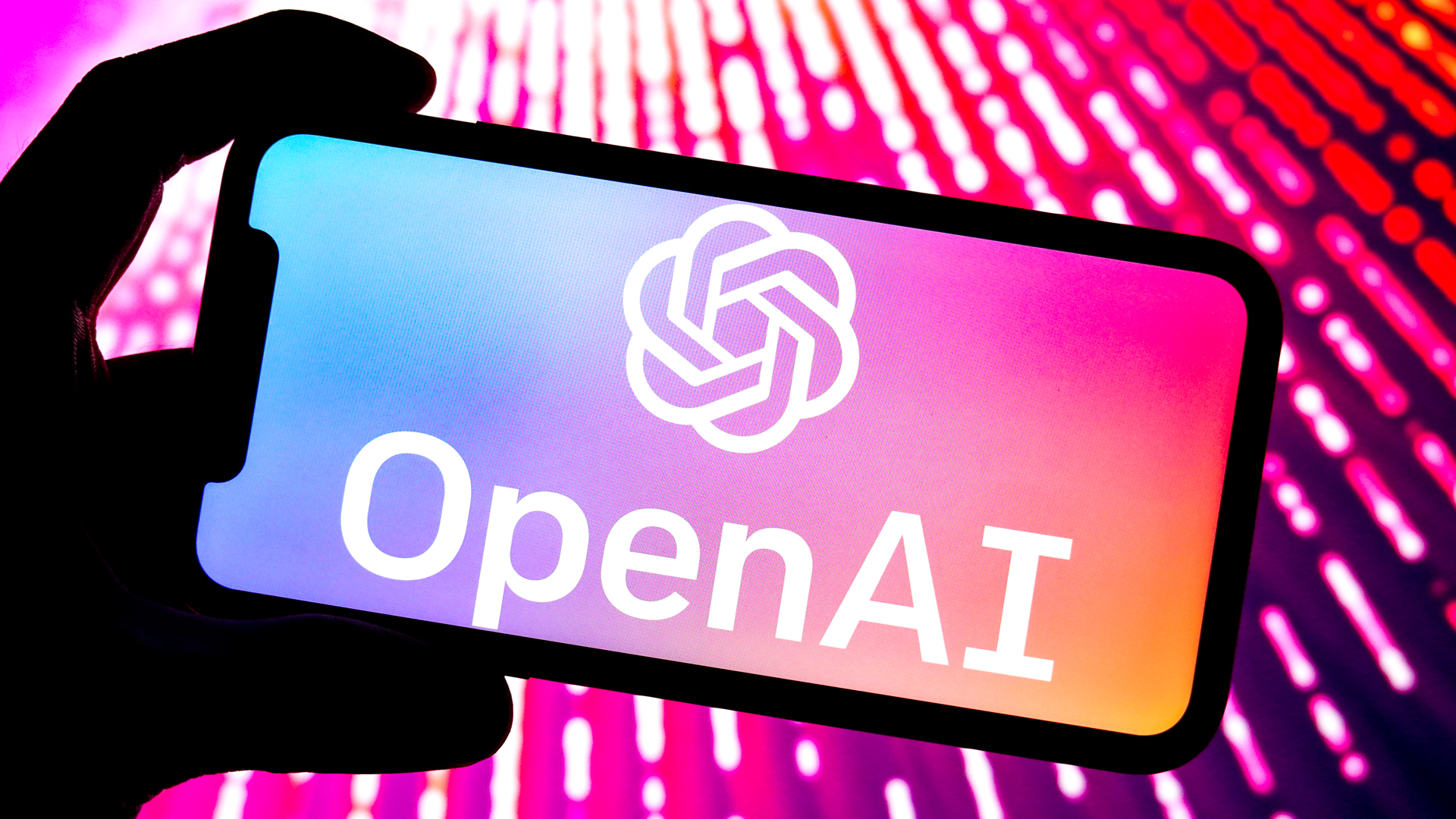










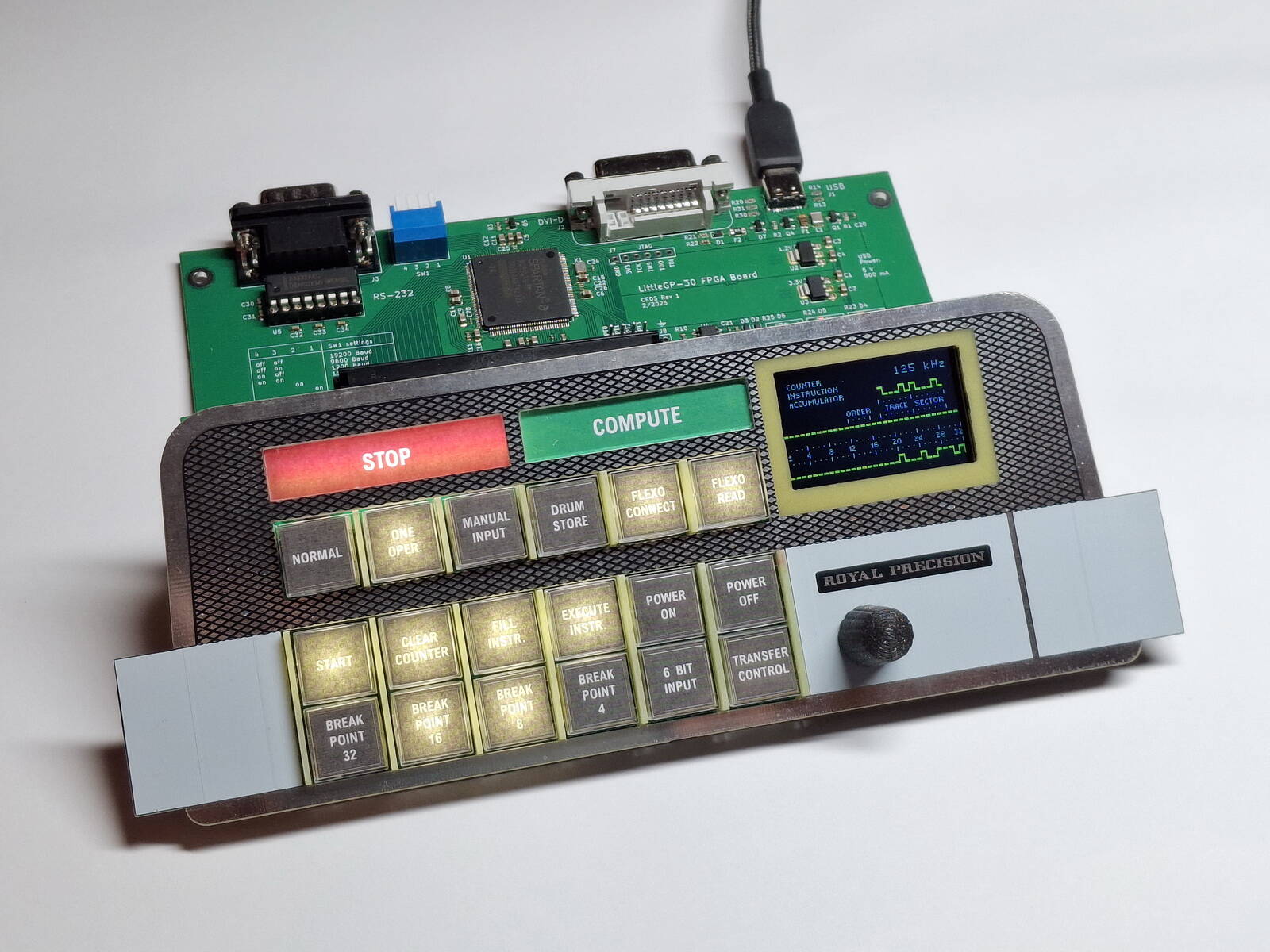













































































































































![[The AI Show Episode 143]: ChatGPT Revenue Surge, New AGI Timelines, Amazon’s AI Agent, Claude for Education, Model Context Protocol & LLMs Pass the Turing Test](https://www.marketingaiinstitute.com/hubfs/ep%20143%20cover.png)









































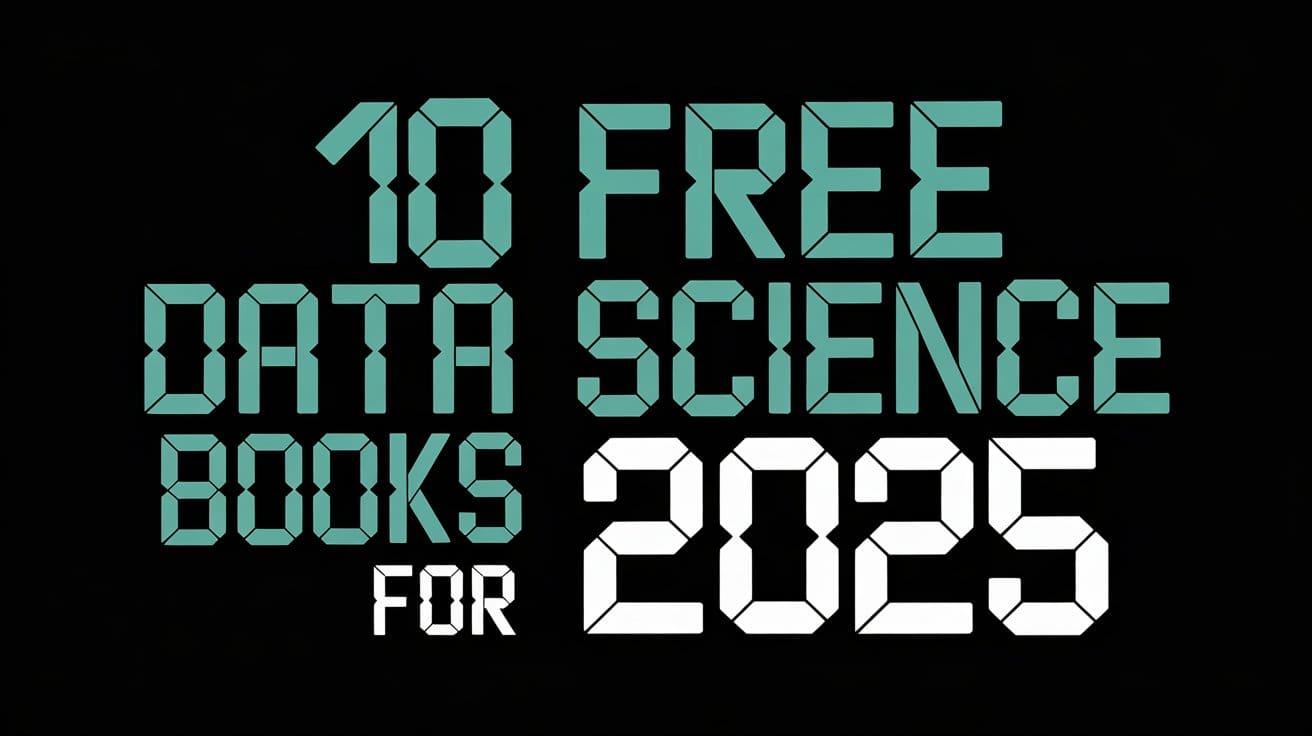






































































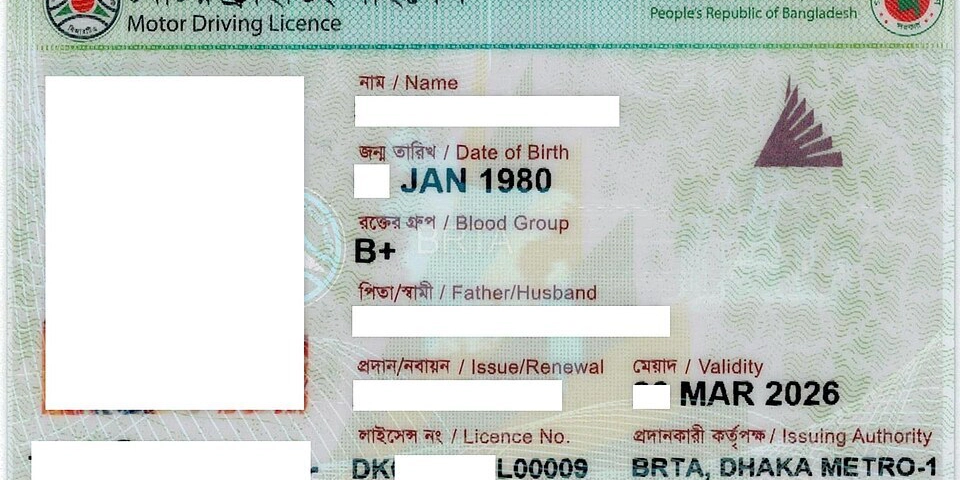
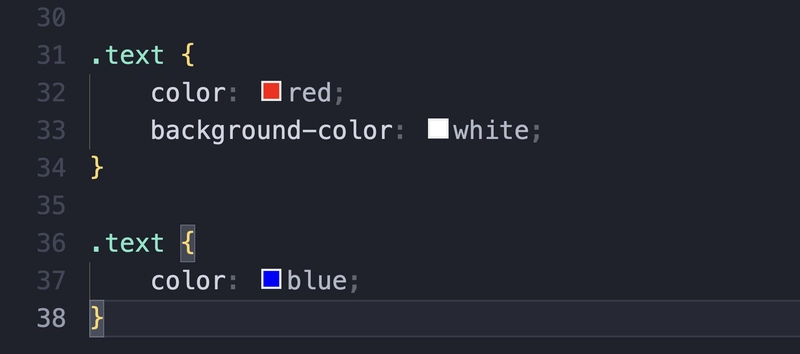




































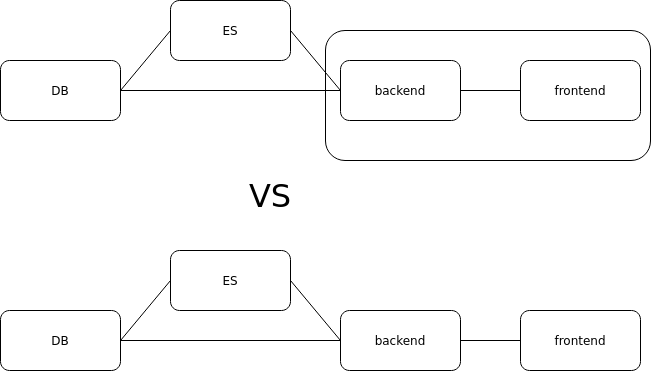




















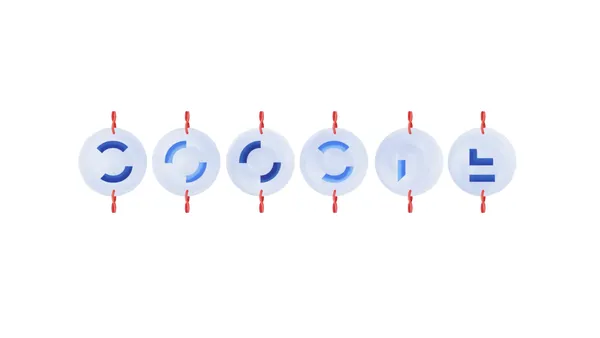


















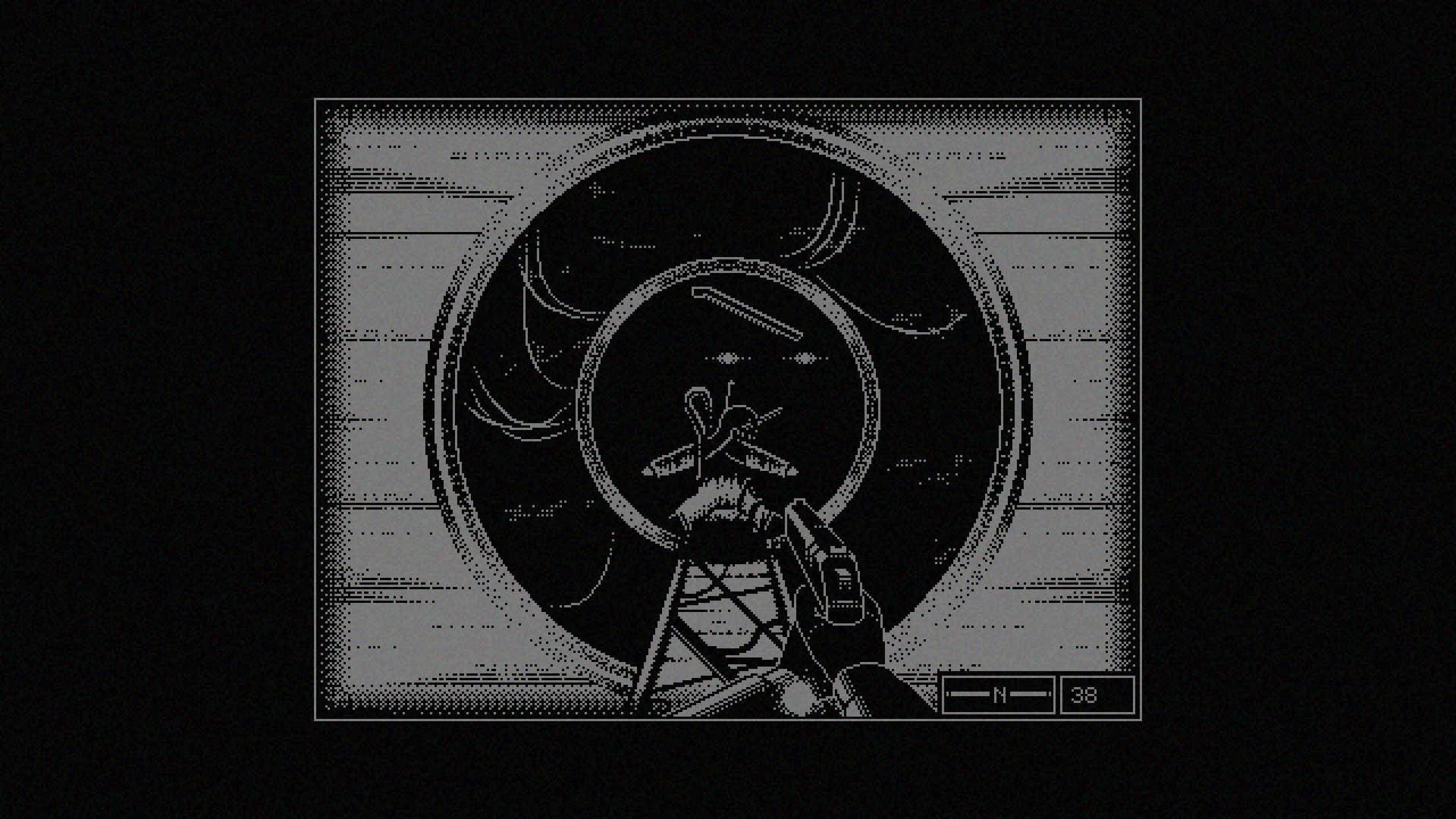







































.png?#)




























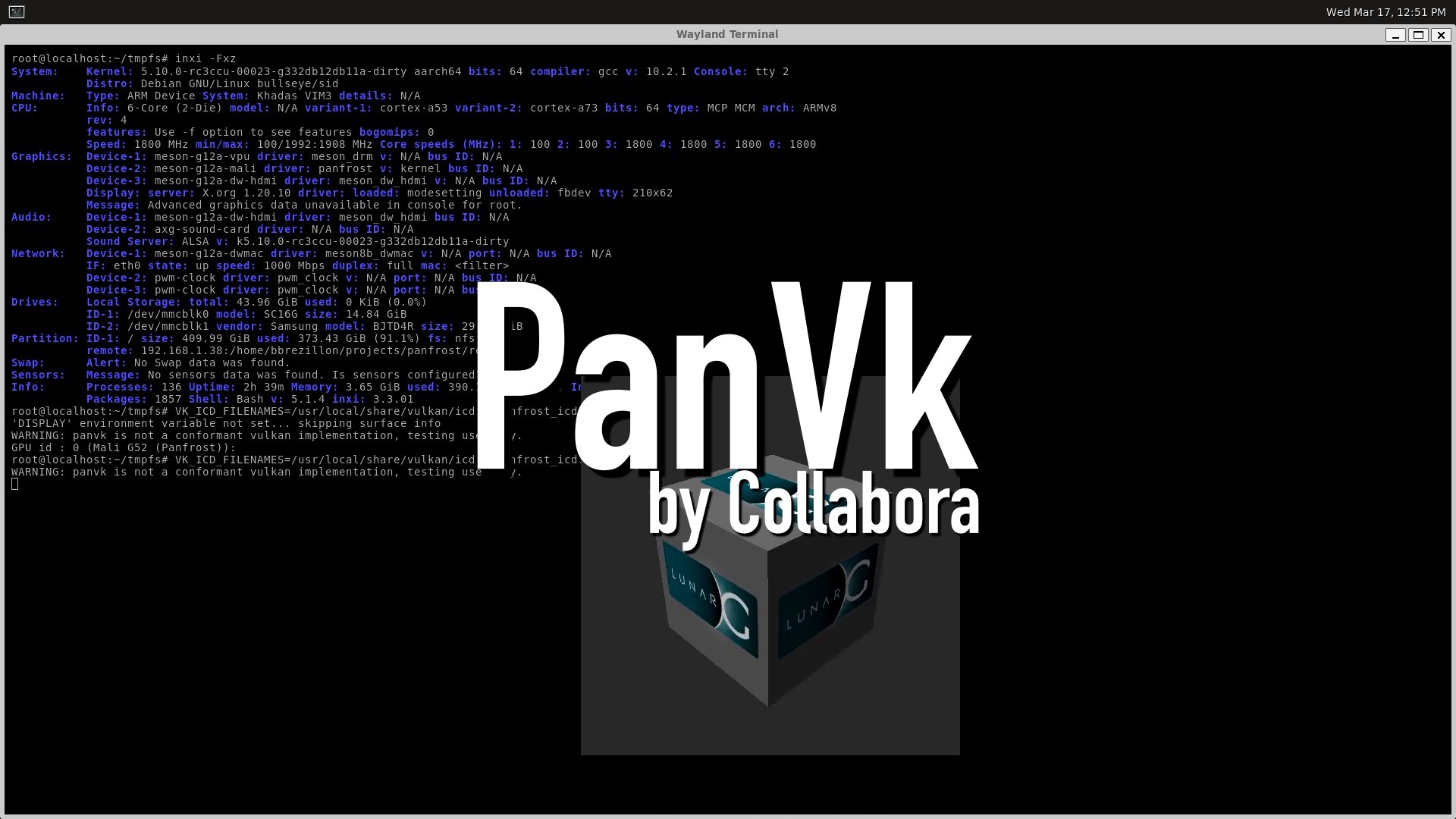





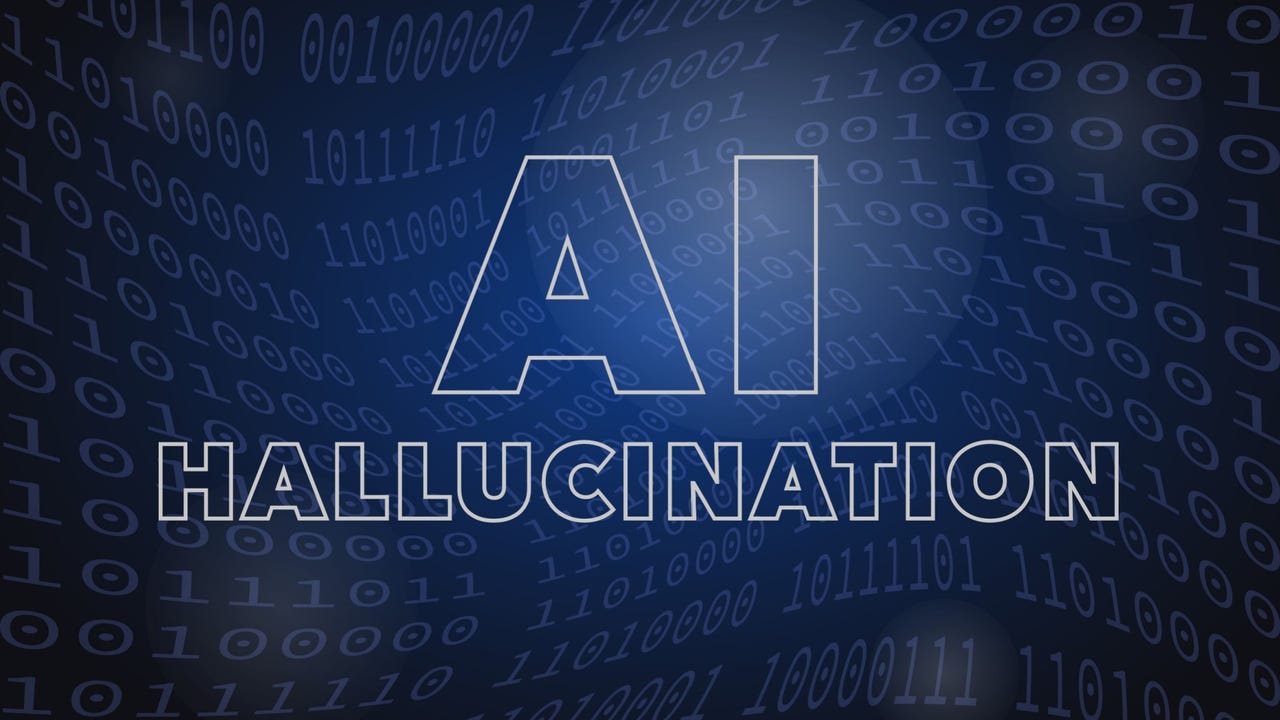



.webp?#)
.webp?#)

















































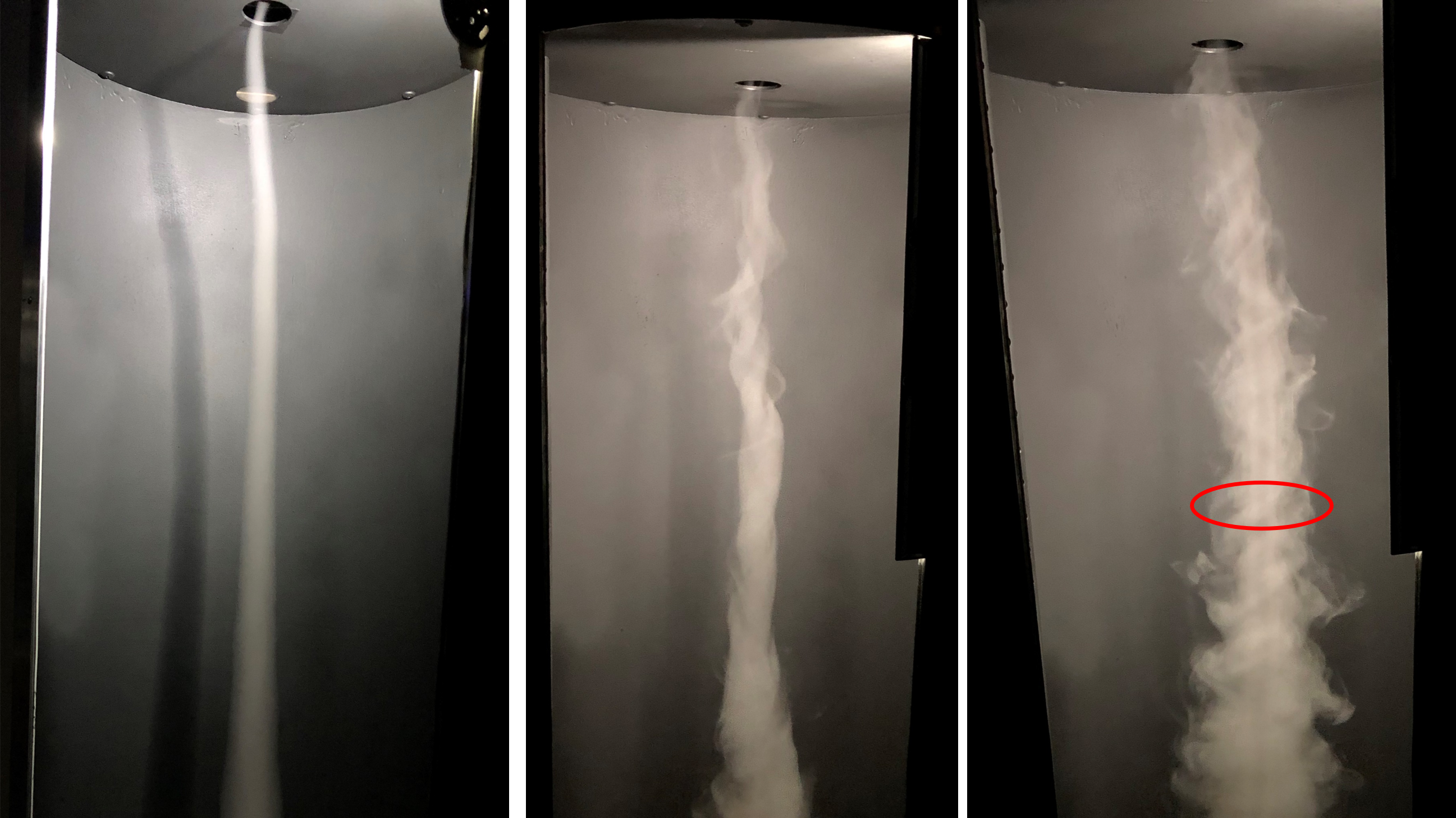






















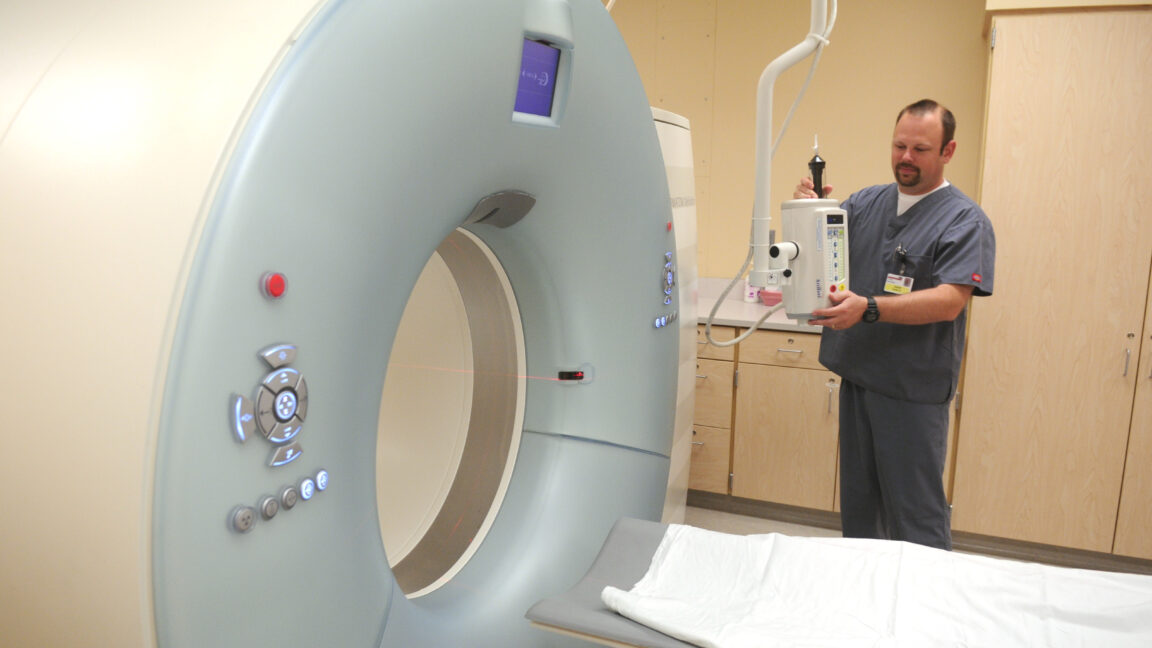
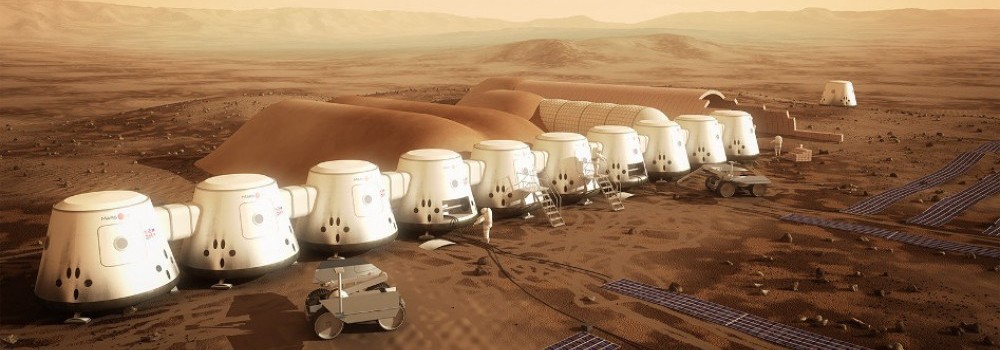
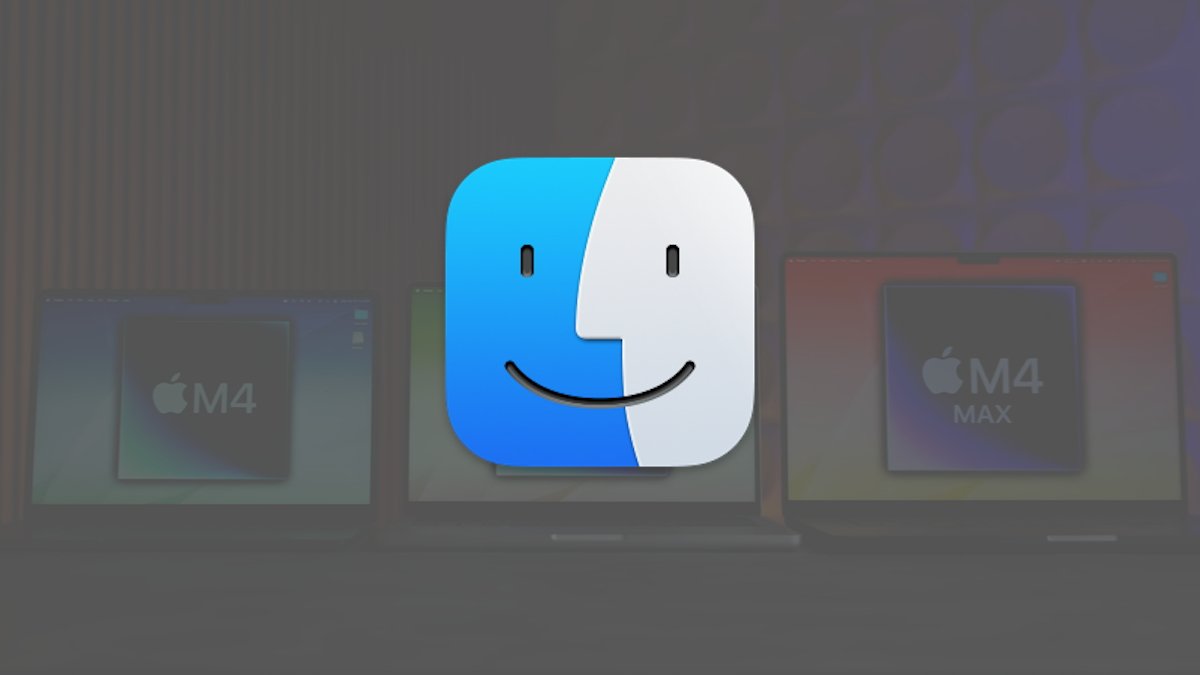



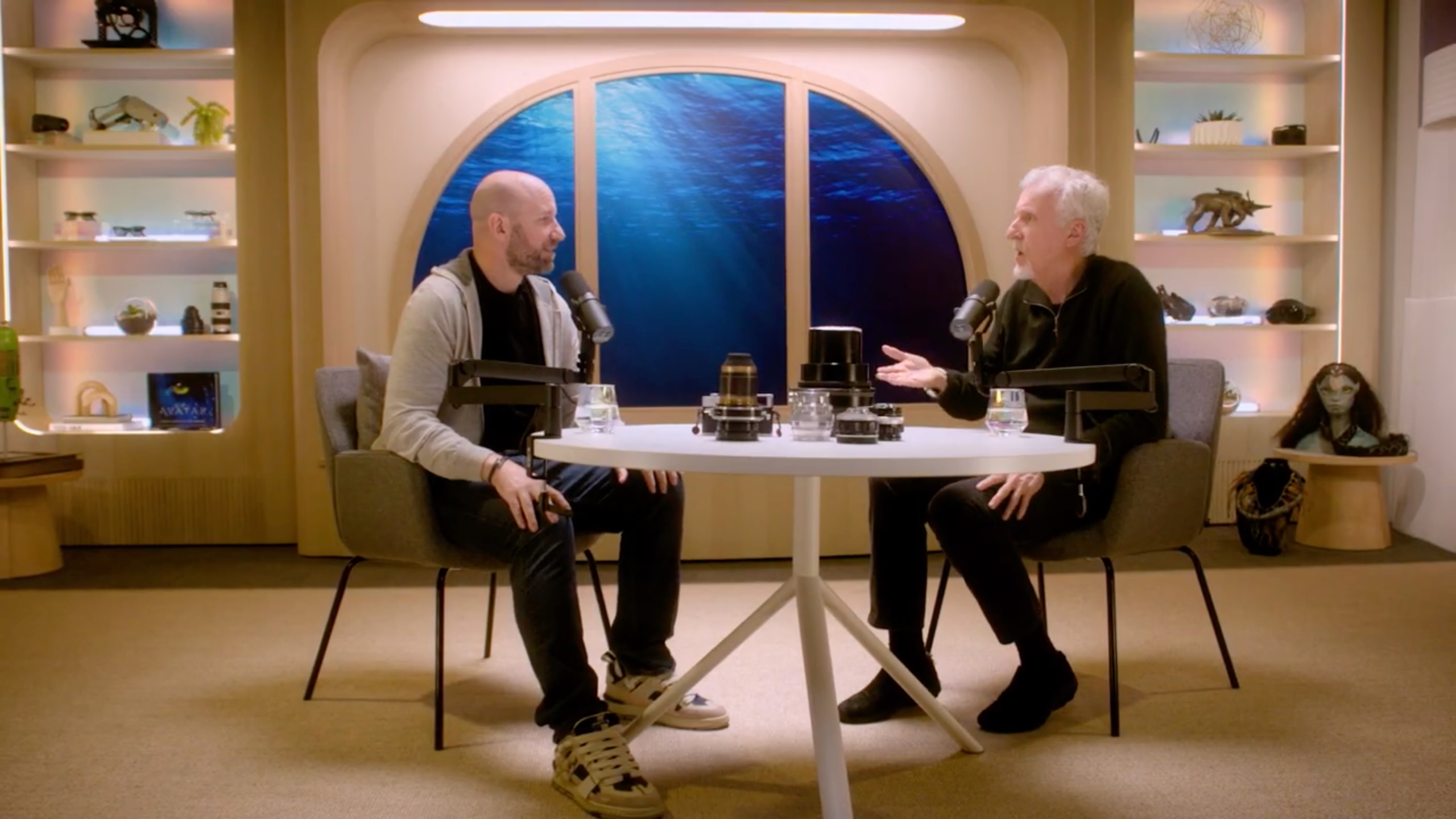

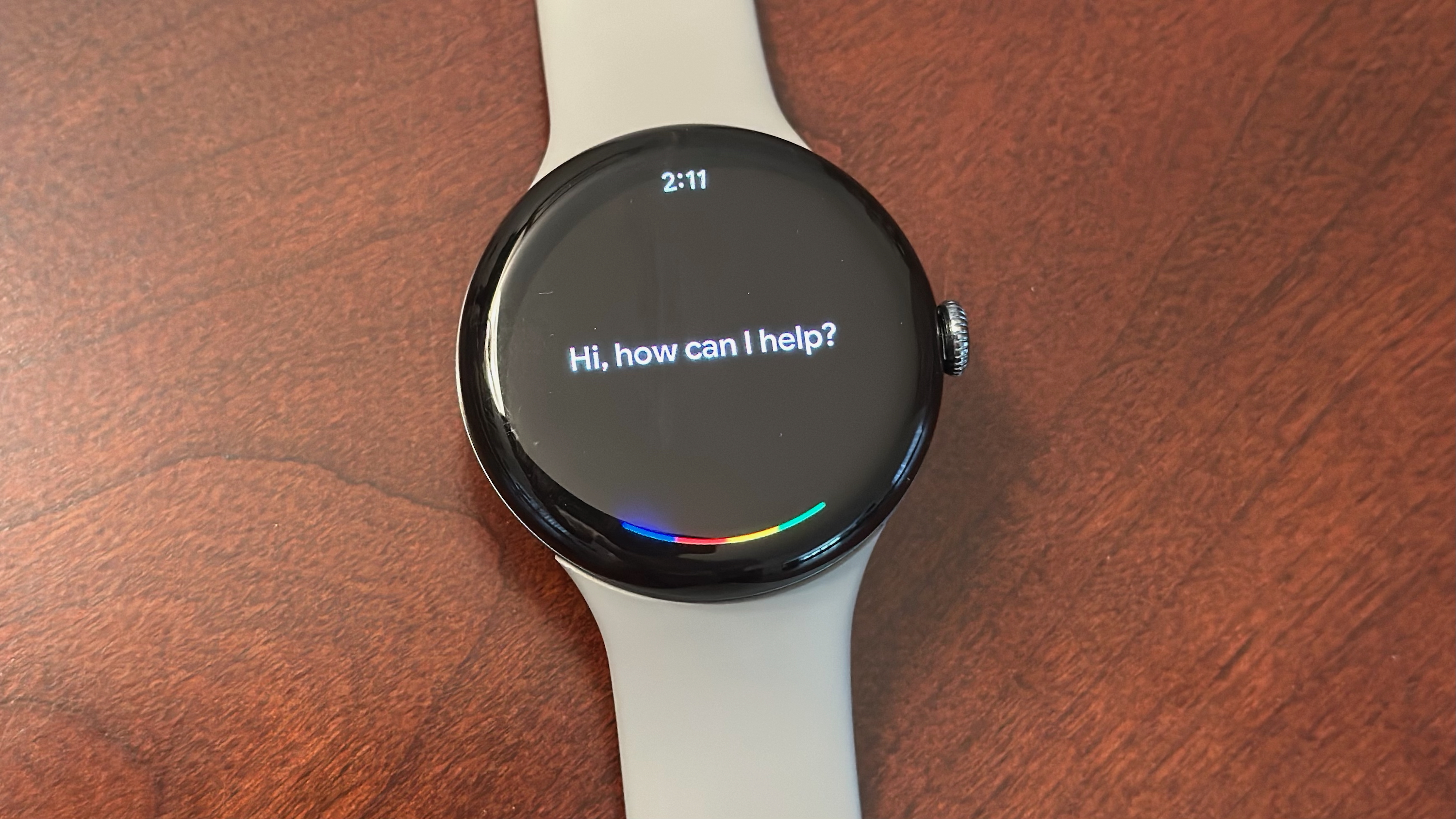









![[Fixed] Gemini app is failing to generate Audio Overviews](https://i0.wp.com/9to5google.com/wp-content/uploads/sites/4/2025/03/Gemini-Audio-Overview-cover.jpg?resize=1200%2C628&quality=82&strip=all&ssl=1)

![What’s new in Android’s April 2025 Google System Updates [U: 4/14]](https://i0.wp.com/9to5google.com/wp-content/uploads/sites/4/2025/01/google-play-services-3.jpg?resize=1200%2C628&quality=82&strip=all&ssl=1)













![Apple Seeds tvOS 18.5 Beta 2 to Developers [Download]](https://www.iclarified.com/images/news/97011/97011/97011-640.jpg)
![Apple Releases macOS Sequoia 15.5 Beta 2 to Developers [Download]](https://www.iclarified.com/images/news/97014/97014/97014-640.jpg)














